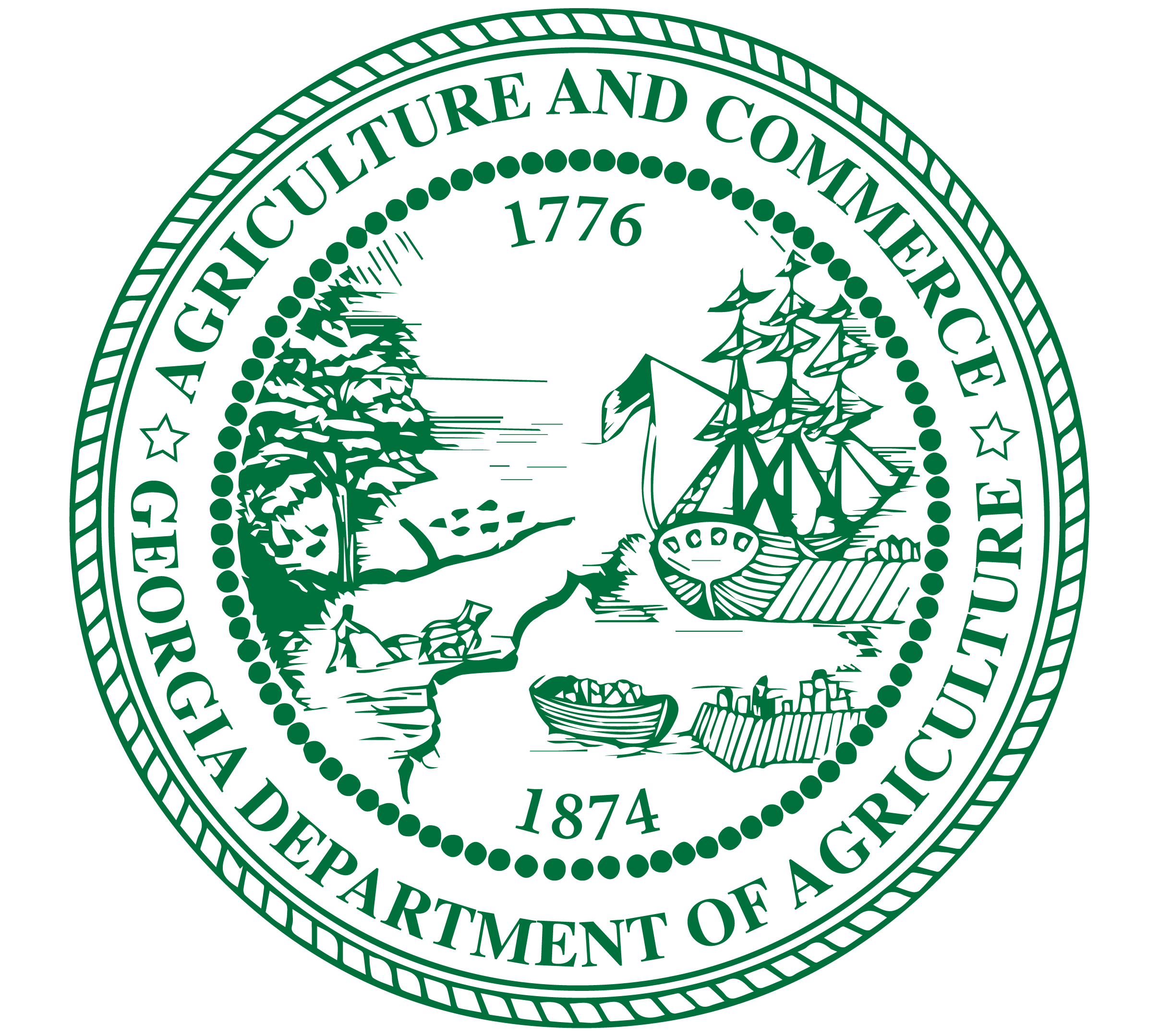Guidance
The Georgia Department of Agriculture has the responsibility of licensing and inspecting food sales establishments, within the State of Georgia. The guidelines presented here are some of the requirements for "meal prep" food sales vendors whose intent is on selling or vending prepared, packaged meals to the end consumer. This does not include additional requirements for wholesaling to retail establishments or institutions. Additionally, this guidance document is not intended for food service operations, such as restaurants and catering. Jurisdictional responsibility may need to be determined depending on the type of operation or business model you have.
Licensing
Operators of retail packaged meal preparation establishments must be licensed as Food Sales Establishments and inspected prior to operation. Packaged meals may be sold to the end consumer:
- Via onsite sale, directly to the end consumer;
- Via delivery from the License Holder following a prior monetary transaction; or
- Delivered to a drop off point for pick up following a prior monetary transaction.
The License holder is responsible for the integrity, security, and the temperature of the product until the final end consumer takes possession of the product.
The License holder shall allow and make provisions for an inspector to access the firm and review records during normal business hours and while food preparation activities are being conducted. Meals may also be inspected for package integrity, temperature control, and labeling during transport and at consumer pick up locations.
When applying for a Food Sales Establishment license, include a Product Line Menu with the other documentation.
- The operator must provide a menu that has a list of all the products that will be made.
- GDA must be informed of any future menu changes, or changes to established cooking and/or cooling procedures.
Standard Operating Procedures
- Approved source: Verify ingredients used are from firms under regulatory inspection.
- Cooking and other methods of destruction of organisms of public health concern: Verify foods are properly cooked to reach their specific minimum temperature requirement or treated to effectively destroy organisms of public health concern.
- Cooling and other methods of limiting growth of organisms of public health concern: Follow time/temperature control for safety. For proper cooling to occur, temperature must rapidly decrease from 135°F to 41°F or less, within the first 2 hours the product temperature must decrease from 135ºF to 70ºF, and within an additional 4 hours the temperature must decrease from 70ºF to 41°F or less. Temperatures must be monitored within the time limits with a probe thermometer to verify cooling limits are met. See our Cooling Food page for full details.
- Date marking of refrigerated prepared meals: Verify proper use by dates are applied. Cooked and cooled meals shall be stored at 41°F and shall be consumed within 7 days. The day the meal was first prepared is counted as day 1 and starts the 7 days count. See our Date Marking Food page for full details.
- Holding temperatures: Verify products are held at the proper cold hold temperature of 41°F or below during processor storage, transportation, and storage at pick up location. Frozen products must be held in a frozen state.
- Labeling: Verify labeling requirements are met. See our Food Labeling Requirements page for detailed information about labeling.
- Transportation Plan
- All finished products for delivery must be transported to maintain the temperature and the integrity of the product, while preventing adulteration of the finished product during transport.
- Each individual product must have a food grade secured container & lid or sealed package so as not to allow for adulteration of the finished product during transport and to minimize the possibility of contamination via customers at the point of receipt.
- Employee Health and Hygiene
- Operators shall demonstrate and verify that all food employees have been informed of their responsibility to report symptoms, exposures, and diagnosed illnesses to management, as well as when to restrict or exclude ill employees.
- All necessary equipment shall be provided as required by regulation, including: three compartment ware washing sink for proper washing, rinsing, and sanitizing of equipment and utensils, hand wash sink(s), equipment for cooking and maintaining temperature control.
- Calibrated probe thermometers shall be used for verifying attainment and maintenance of required food temperatures, through cooking, cooling, holding, and transport activities. Recommend keeping cooking, cooling, and holding logs.
Equipment
All necessary equipment shall be provided as required by regulation, including: three compartment ware washing sink for proper washing, rinsing, and sanitizing of equipment and utensils, hand wash sink(s), equipment for cooking and maintaining temperature control.
Calibrated probe thermometers shall be used for verifying attainment and maintenance of required food temperatures, through cooking, cooling, holding, and transport activities. Recommend keeping cooking, cooling, and holding logs.


